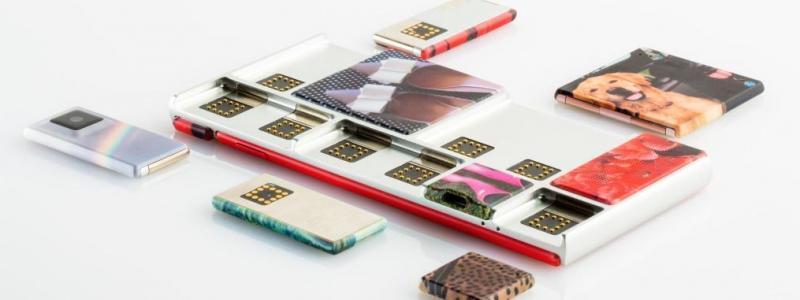Project Ara Smartphones: Not Sturdy Enough Just Yet

Google’s Project Ara aims to develop modular smartphones that can be assembled by mobile users themselves, using different parts from different original equipment manufacturers (OEMs). The idea is cool for sure, but there is one little problem -- because of their modular nature, they are prone to breaking apart when they are dropped, and apparently, Google’s team of technicians has not found a way to make Project Ara smartphones sturdy enough yet.
This can be considered a disadvantage, at least when compared to other devices made by established brands such as Apple and Samsung. These phone makers often have their handsets go through extensive stress tests in order to make sure that their devices do not fall apart so easily when subjected to the usual grind of the real world.
Google, for its part, does not shy away from acknowledging the tricky situation for its Project Ara. The tech giant stated this week that it plans to take some more time in order to continue developing a stronger prototype. Project Ara devices work similarly to Lego blocks -- each separate component can be attached to each other with the use of electro-permanent magnets. But as it turns out, these magnets can not hold the pieces consistently especially during drop tests.
The good news is that Google will keep exploring new ways to work around this issue. In a tweet, the company stated in effect that it was testing another signature experience in attaching and detaching each separate component of Project Ara smartphones.
Google has always had a nice habit of shaking up how things are normally done. Over the last few years, people have seen the company explore new applications for eyewear technology, vehicles that can function without drivers, Wi-Fi balloons, and many other projects. Not everything that Google works on has necessarily been a success, but one has got to admire the tech giant’s zeal in attempting to give it a shot anyway.
As for Project Ara, it appeared to be something that could really take off (okay, okay, fifty-fifty maybe). After all, if people can get used to the idea of assembling desktop computers out of separate components, why can’t they do the same for mobile devices? Or, it could be possible that Google is, again, just ahead of the curve. Besides, history shows that people are not always ready to embrace concepts that are new and seemingly outlandish. But if Project Ara ever becomes a huge success, Google just might reshape the entire smartphone industry.
Related Blog Articles
- 20 Travel Hacks That Will Save You Time and Money
- Google Introduces New Options For Watch Faces On Android Wear Devices
- Samsung To iPhone Users: Try The New Galaxy Phablets For 30 Days
- Here Comes The First Public Beta Of Microsoft’s Cortana For Android
- TuneIn Premium: The New $8 A Month Subscription Service From TuneIn
- Verizon Now Letting Customers From Other Networks Bring Their Own Handset
- New Survey Sheds Light On What Constitutes Modern Smartphone Etiquette
- Is Cable TV Stopping You From Watching the Debates?
- Vine Launches New Audio Editing, Music Discovery Features
- Samsung Is Readying To Launch A New Smartwatch, But Will It Be Enough To Challenge The Apple Watch?


 Menu
Menu